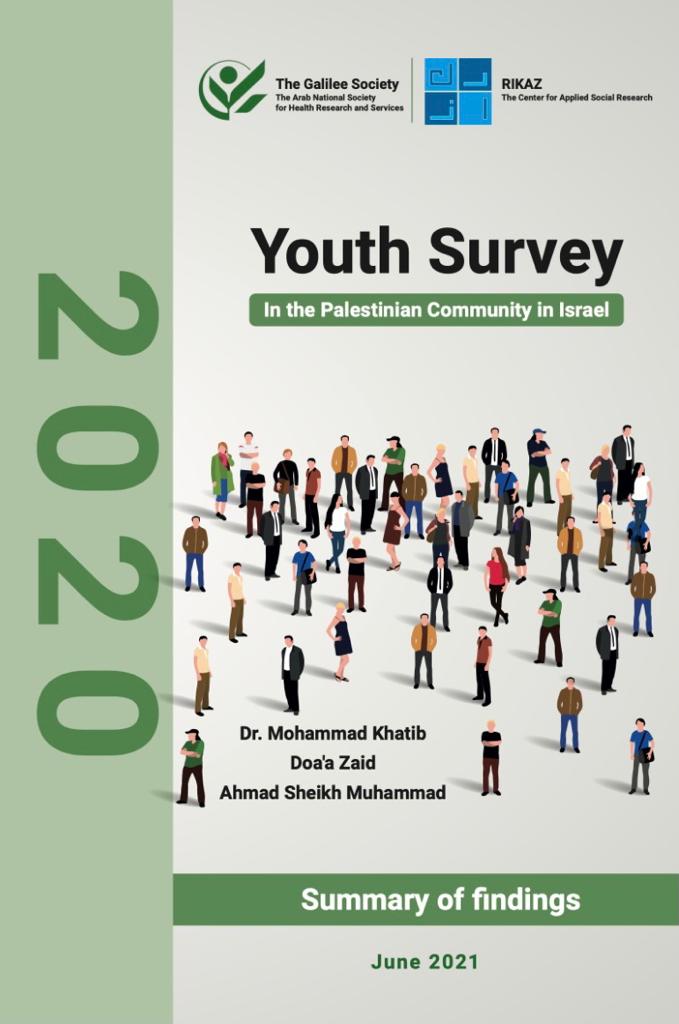Chemical Engineering. Area of specialization: Modification of desalination membranes for improved performance, Technion.
Research Activities
Combining membrane bio-reactor MBR with anaerobic processes AnMBR.
Biological biogas upgrading.
Combining advanced oxidation processes (i.e., photocatalysis) and adsorption processes for the reduction of toxic compounds from water.
Developing a closed loop system of organic waste management integrating descentralized Home & Community Composting systems with Urban Agriculture.
Publications:
1.Yanuka-Golub K., Baransi-Karkaby K., Szczupak A., Reshef L., Rishpon J., Shechter R., Gophna U.; Sabbah. I. “An electrode-assisted anaerobic digestion process for the production of high quality biogas”. Water Science and Technology, 2019, 79.11: 2145-2155. IF= 1.247
2.Baransi-Karkaby K., Bass M., Freger V. “In Situ Modification of Reverse Osmosis Membrane Elements for Enhanced Removal of Multiple Micropollutants”. Membranes 2019, 9(2), 28. Open Access Journal CiteScore 2018 (Scopus): 3.28.
3.Baransi-Karkaby, K., Hassanin, M., Muhsein, S., Massalha, N., Sabbah, I. (2020). Innovative ex-situ biological biogas upgrading using immobilized biomethanation bioreactor (IBBR). Water Science & Technology, 81 (6), 1319–1328. https://doi.org/10.2166/wst.2020.234. (IF= 1.632, Q3, CN=2).



